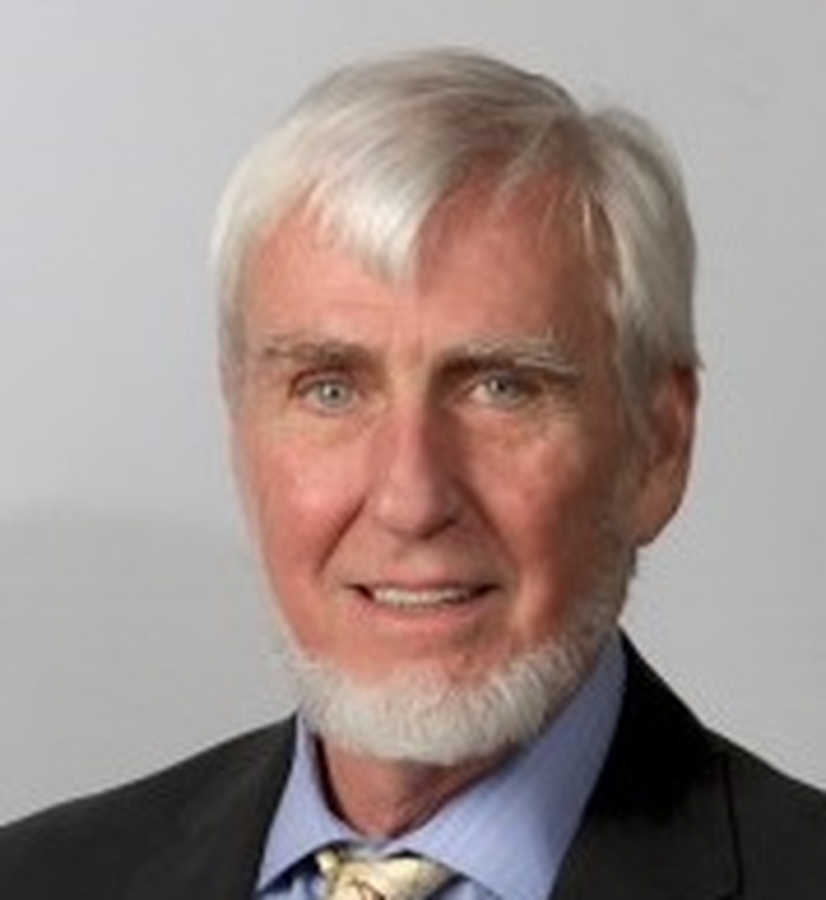Embedded deep in the brain's temporal lobe, the hippocampus plays a major role in learning and memory. Dr. John O'Keefe’s research was critical to revealing its importance for spatial memory and navigation, the loss of which is prominent in Alzheimer's disease and other disorders. Several decades ago, he discovered that the hippocampus contains cells that selectively signal an animal's spatial location and suggested that these so-called "place cells" might enable the hippocampus to serve as a cognitive map.  Dr. O'Keefe describes this as a device for representing the current environment, the animal's location within it, and the locations of desirable objects and threats to be avoided. Later work revealed that the timing of electrical signaling between place cells is vital to the accuracy of the hippocampus' mapping abilities. In conversation with Emmy Award-winning journalist Frank Sesno (photo on the left), the Director of Strategic Initiatives at George Washington University's School of Media and Public Affairs, Dr. O'Keefe (photo on the right) will discuss his work, which was foundational to the field of cognitive neuroscience and earned him both the Nobel Prize and the Kavli Prize in Neuroscience in 2014.
Dr. O'Keefe describes this as a device for representing the current environment, the animal's location within it, and the locations of desirable objects and threats to be avoided. Later work revealed that the timing of electrical signaling between place cells is vital to the accuracy of the hippocampus' mapping abilities. In conversation with Emmy Award-winning journalist Frank Sesno (photo on the left), the Director of Strategic Initiatives at George Washington University's School of Media and Public Affairs, Dr. O'Keefe (photo on the right) will discuss his work, which was foundational to the field of cognitive neuroscience and earned him both the Nobel Prize and the Kavli Prize in Neuroscience in 2014.
Dr. John O'Keefe: Professor of Cognitive Neuroscience, University College London, Inaugural Director of the Sainsbury Wellcome Centre
The Kavli Prize is a partnership between The Norwegian Academy of Science and Letters, The Kavli Foundation (United States), and The Norwegian Ministry of Education and Research.
This event is co-hosted by the Carnegie Institution for Science with The Kavli Foundation, the Royal Embassy of Norway, and the Norwegian Academy of Science and Letters.

